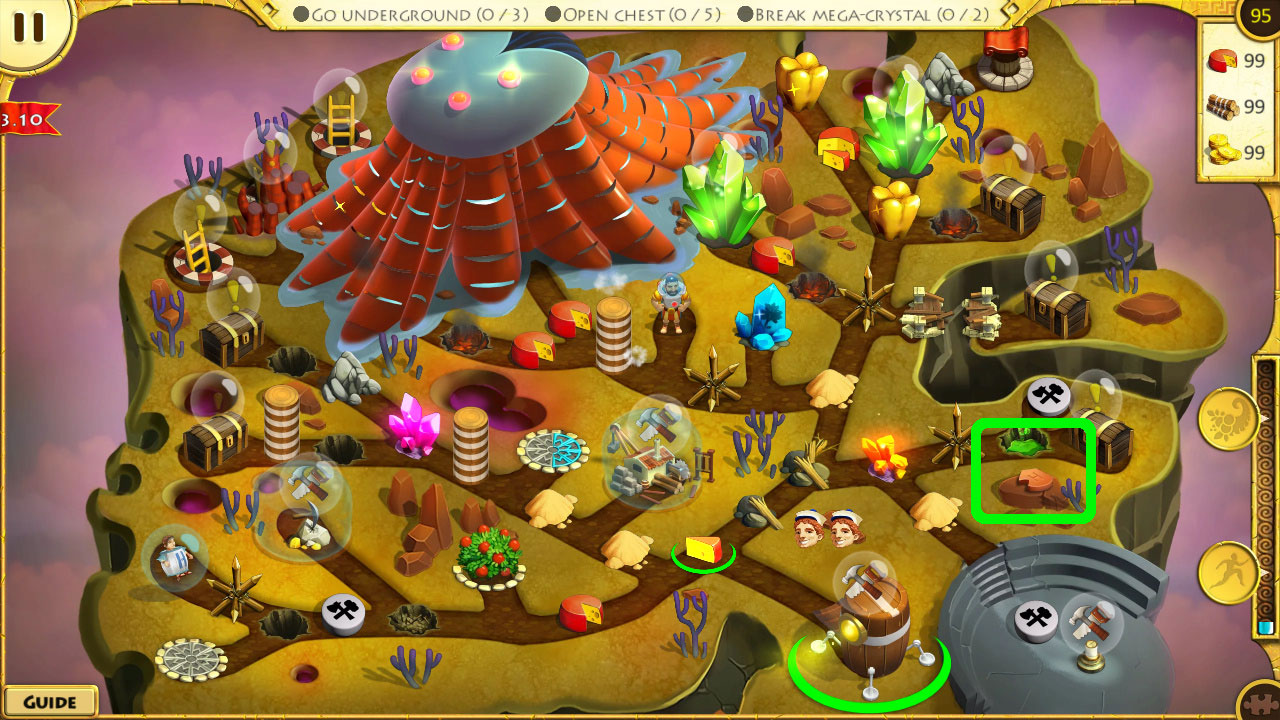

Heracles accomplished these tasks, but Eurystheus refused to recognize two: the slaying of the Lernaean Hydra, as Heracles' nephew and charioteer Iolaus had helped him and the cleansing of the Augean stables, because Heracles accepted payment for the labour or in some versions of this story it was the Stymphalian Birds that was discounted instead of the Augean stables for the help of Athena giving him bronze rattles.Įurystheus set two more tasks (fetching the Golden Apples of Hesperides and capturing Cerberus), which Heracles also performed, bringing the total number of tasks to twelve. Eventually, he placed himself at Eurystheus's disposal.Įurystheus originally ordered Heracles to perform ten labours. Heracles despaired at this, loathing to serve a man whom he knew to be far inferior to himself, yet fearing to oppose his father Zeus.

Pythia, the Oracle of Delphi, advised him to go to Tiryns and serve his cousin, King Eurystheus, for ten years, performing whatever labours Eurystheus might set him in return, he would be rewarded with immortality. Although, according to Euripides in Herakles, it was not until after Heracles had completed his labours and on his return from the Underworld that he murdered Megara and his children.Īfter recovering his sanity, Heracles deeply regretted his actions he was purified by King Thespius, then traveled to Delphi to inquire how he could atone for his actions.

The Heracles Papyrus, a fragment of a 3rd-century Greek manuscript of a poem about the Labours of Heracles ( Oxyrhynchus Papyrus 2331)ĭriven mad by Hera (queen of the gods), Heracles slew his sons and his wife, Megara.


 0 kommentar(er)
0 kommentar(er)
